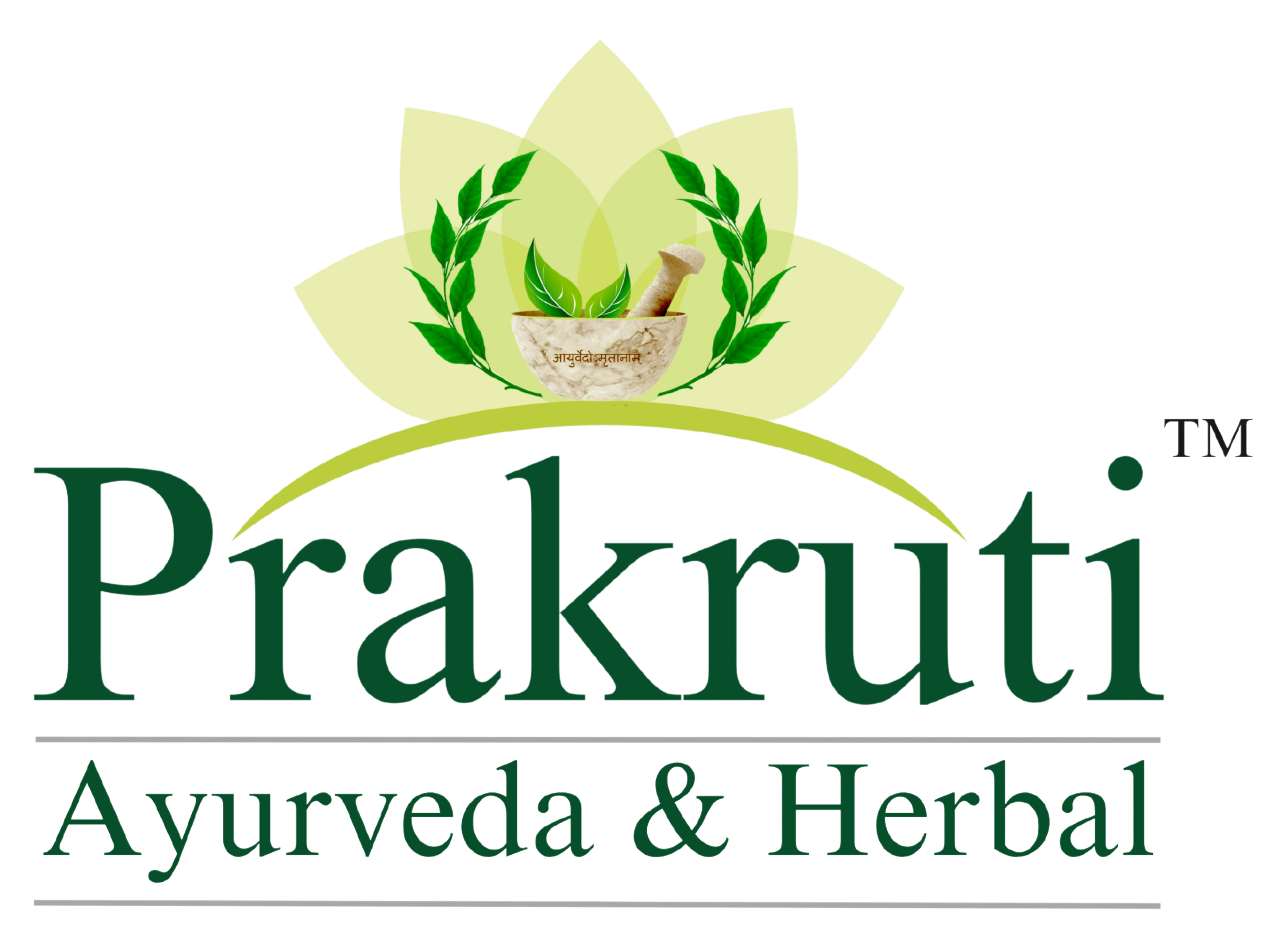Polycystic Ovary Syndrome (PCOS) affects millions of women globally, often bringing along symptoms like irregular periods, hormonal imbalance, weight gain, acne, and even infertility. As women search for natural solutions, Ashwagandha for PCOS has emerged as a popular Ayurvedic remedy. But is it truly effective or just another herbal myth?
What is PCOS?
PCOS is a hormonal disorder where the ovaries produce abnormal amounts of androgens (male hormones), often leading to irregular menstrual cycles and cysts in the ovaries. Left untreated, PCOS can lead to complications like type 2 diabetes, infertility, and cardiovascular problems.
What is Ashwagandha?
Ashwagandha, also known as Indian Ginseng or Withania somnifera, is a revered herb in Ayurveda known for its adaptogenic properties. It helps the body manage stress, balance hormones, and support reproductive health — making it an intriguing option for PCOS management.
Benefits of Ashwagandha for PCOS
Let’s break down the Ashwagandha PCOS benefits and how this powerful herb can help women manage symptoms:
1. Balances Hormones Naturally
One of the key benefits of Ashwagandha for PCOS is its ability to regulate cortisol and balance other hormones. High stress levels often worsen PCOS symptoms, and Ashwagandha’s adaptogenic nature helps reduce stress, which in turn can help balance estrogen and progesterone.
2. Supports Fertility
Ashwagandha PCOS fertility benefits are backed by studies that suggest improved reproductive function and enhanced ovulation. By reducing stress and balancing hormones, it can increase the chances of conception naturally.
3. Improves Insulin Sensitivity
Many women with PCOS suffer from insulin resistance. Ashwagandha may help lower blood sugar levels and improve insulin sensitivity, helping with weight management and reducing the risk of type 2 diabetes.
4. Reduces Inflammation
Chronic inflammation is often a silent trigger in PCOS. Ashwagandha contains natural anti-inflammatory compounds that may help in reducing inflammation, acne, and bloating.
5. Regulates Periods
By working on hormonal balance, Ashwagandha for PCOS may contribute to more regular menstrual cycles over time, providing relief from the stress of irregular periods.
Why Choose Ayurvedic Formulations?
While Ashwagandha on its own is effective, combining it with other PCOS-specific herbs and minerals creates a more targeted approach.
Try Prakruti Ayurveda Femfine PCOD PCOS Tablet
This herbal formulation is crafted specifically for women dealing with PCOD, PCOS, hormonal imbalance, and irregular periods. With ingredients like Ashoka, Lodhra, Shatavari, and Ashwagandha, this tablet supports:
-
Hormonal balance
-
Ovulation cycle regulation
-
Menstrual health
-
Stress and mood management
It’s a holistic solution designed to address the root causes of PCOS rather than just the symptoms.
Final Thoughts: Myth or Miracle?
Ashwagandha isn’t just a herbal myth—it’s a proven adaptogen that addresses many underlying triggers of PCOS. Whether taken on its own or as part of a potent Ayurvedic formulation like Prakruti Ayurveda Femfine PCOD PCOS Tablet, it can play a valuable role in managing hormonal imbalance and restoring menstrual health.
However, always consult an Ayurvedic doctor or healthcare provider before starting any new supplement, especially for a complex condition like PCOS.
Frequently Asked Questions (FAQs)
1. What are the ashwagandha benefits for pcos?
Ashwagandha helps balance hormones, reduce stress, improve insulin sensitivity, and regulate periods. These are some of the top Ashwagandha benefits for PCOS, making it a natural remedy to manage symptoms effectively.
While Ashwagandha cannot “cure” PCOS permanently, it helps manage the condition by addressing its root causes like hormonal imbalance and stress. Regular use of Ashwagandha for PCOS can significantly reduce symptoms.
3. How does Ashwagandha help with PCOS-related infertility?Ashwagandha PCOS fertility benefits include improving ovulation, balancing reproductive hormones, and reducing anxiety—factors that support natural conception in women with PCOS.
4. Is Ashwagandha safe to take daily for PCOS?Yes, Ashwagandha is safe for daily use when taken in recommended doses. Many women take Ashwagandha for PCOS daily to support long-term hormonal balance and menstrual health.
5. Can Ashwagandha regulate irregular periods caused by PCOS?Yes, one of the key benefits of Ashwagandha for PCOS is its ability to balance hormones like cortisol, estrogen, and progesterone, which can help in regulating irregular periods naturally.
6. How long does it take for Ashwagandha to show results in PCOS?Most users begin to notice improvements in energy, mood, and menstrual cycles within 4–8 weeks of consistent use of Ashwagandha for PCOS. Results may vary depending on individual health conditions.
7. Which is the best Ashwagandha supplement for PCOS?For targeted results, try Prakruti Ayurveda Femfien PCOD PCOS Tablet, which combines Ashwagandha with other Ayurvedic herbs to manage PCOS, hormonal imbalance, and irregular periods effectively.
8. Can I take Ashwagandha with other PCOS medicines?Ashwagandha is generally safe and well-tolerated, but if you're taking other medications for PCOS, consult your doctor before adding any Ashwagandha PCOS supplements to your routine.
9. Is Ashwagandha useful for PCOD as well as PCOS?Yes, Ashwagandha works well for both PCOD and PCOS, as it helps regulate hormonal levels, reduce ovarian inflammation, and relieve stress—common symptoms in both conditions.
10. Are there any side effects of Ashwagandha for PCOS?Most women tolerate Ashwagandha well, but mild side effects like drowsiness or stomach upset may occur in some. When taken as part of an Ayurvedic formula like Femfien PCOD PCOS Tablet, side effects are rare.



